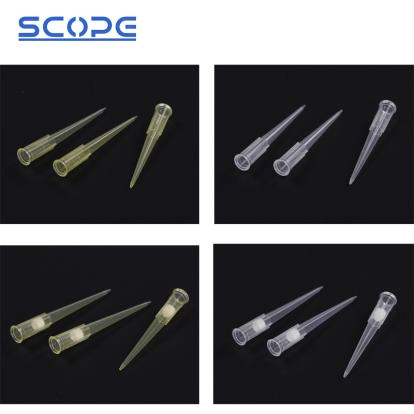The specific type of consumable and the country or jurisdiction where the laboratory is located determine the regulations controlling its use in laboratories. That being said, when utilizing any lab supplies, there are a few general guidelines that need to be followed. The following are some of the most significant guidelines for using consumables in laboratories:
l Following the manufacturer's instructions is essential when using consumables. This entails cleaning and sterilizing in compliance with recommended protocols, disposing of consumables appropriately, and selecting the appropriate consumable type for the intended application.
l It is essential to store consumables in a safe and secure location. Keeping chemicals away from heat sources and ignition sources, putting dangerous or flammable materials in a special safety cabinet, and containerizing sharp objects are a few examples of how to do this.
l Correctly labeling consumables is crucial. This means labeling consumables with their intended use and any special handling instructions, as well as chemicals with their name, concentration, and hazard information.
l It's critical to properly dispose of consumables. This could entail recycling or composting suitable materials, recycling non-hazardous waste in a designated trash can, and disposing of hazardous waste by local laws.
Certain types of lab consumables may be subject to regulations in addition to these general guidelines. For instance, the use of radioactive materials, biohazardous materials, or controlled substances may be subject to specific regulations. Understanding the rules regulating the use of lab supplies in your lab is crucial. Penalties, fines, and even criminal charges may follow from breaking these rules.



